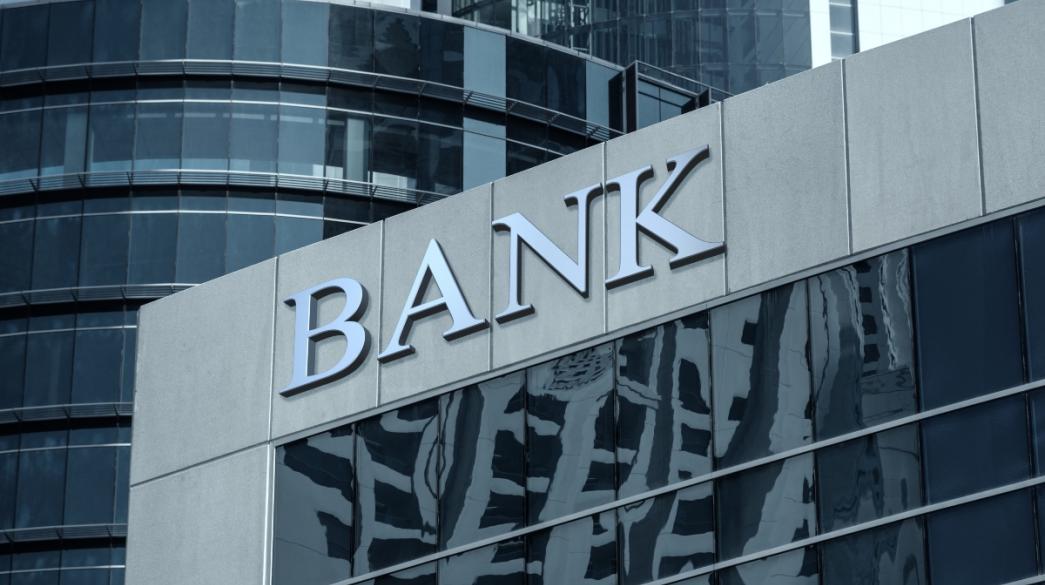Greek banks have been given the green light to boost investments in bonds, in a move seen helping boost their profitability and lowering borrowing costs for Greece. The decision was made in a meeting between Greek Prime Minister Kyriakos Mitsotakis and the head of the European Central Bank Christine Lagarde in Frankfurt late Tuesday. It will take effect as of February.
The country's lenders are currently limited to eight billion euros of investments in Greek government bonds. The cap was introduced after the huge losses incurred by banks from a debt write off deal imposed on private sector bondholders in 2012 by the Greek government.
With demand for Greek debt rising sharply and borrowing costs falling, banks have started booking considerable gains from bond portfolios as of this year, prompting them to push their request for the removal of the limit. Holdings in Greek debt have already technically exceeded the eight billion euro mark after National Bank sold the Titlos swap to the government in exchange for bonds.
The lifting of the limit on bonds was expected by the end of 2019. In a business plan presented by National Bank in spring, the lender forecasts significant investments in bonds on the assumption that the cap would be lifted.
Hercules Plan
Despite the good climate in Thursday's meeting, there were no decisions made on the Hercules Asset Protection Scheme and whether the senior tranche of the securitized assets backed by the Greek state will have a zero-risk weighting, or not.
As reported by Business Daily, the ECB has called on Greece to back state guarantees on bad loans with cash in order for a zero-risk weighting to be attached to the senior tranches. This is necessary due to the country's low credit rating, according to the ECB.
To get around this problem, the central bank has called on Greece to commit parts of its cash buffer to the plan or issue special bonds that would cover possible losses arising from the Hercules scheme.
Greece, however, rejects such a proposal. At the meeting, the Greek side went into why assets should be considered zero risk without committing further funds. A final decision by the ECB is expected soon.
Meanwhile, Greek lenders are pushing ahead with plans to reduce bad loans. Eurobank is in the final stretch of a deal selling non-performing loans (NPLs), while Alpha Bank is working on another such transaction. Both transactions will be conducted within the framework of the Hercules on the condition that the assets are zero risk, as announced by the government. Otherwise, the deals will not be profitable for the banks.









